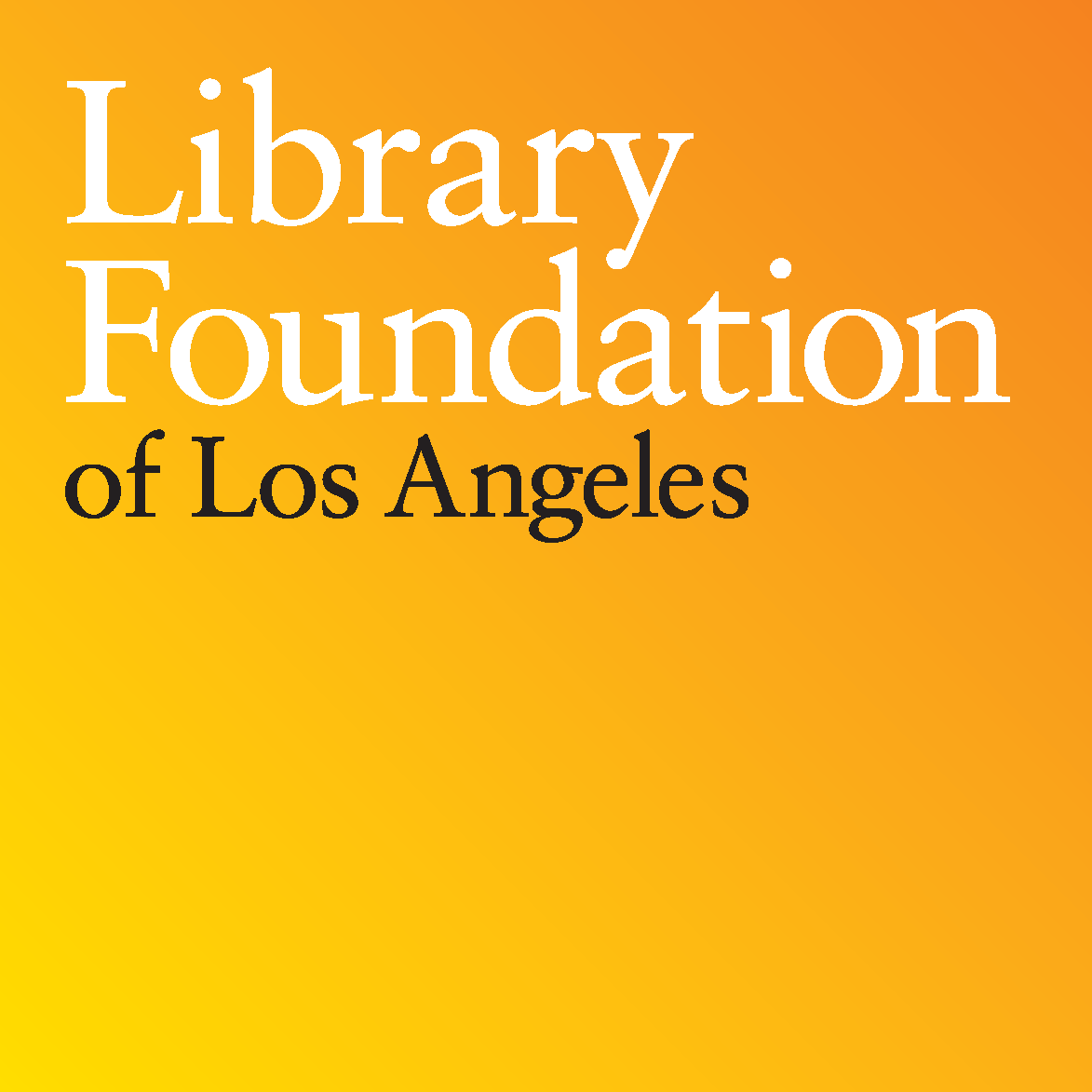From The Surrendered to Native Speaker, novelist Chang-rae Lee has been hailed for his beautifully crafted character portraits of Asians grappling with race, class, and identity divisions of contemporary society. His latest novel, On Such a Full Sea, is no different thematically, although it’s a fiercely imagined story set in a chilling near-future America, where abandoned post-industrial cities have been converted into forced labor colonies populated with immigrant workers. Lee’s shift to a dystopian world is a bold move for such a masterful writer of realism, but his introspective prose offers a welcomed elevation to the ever-popular field of apocalyptic storytelling. Before he takes the ALOUD stage on Thursday, January 15th for a conversation with the story-bending author Charles Yu (How to Live Safely in a Science Fictional Universe), we talked to Lee about Bladerunner, The Odyssey, libraries, and what inspired his alternative reality.

Your new novel is rooted in a dystopian America although your past novels are set mostly in reality. Can you talk about this shift in writing modes and where the idea for this dystopian world came from?
Lee: I didn’t originally plan to write a ‘dystopian’ fiction or in fact anything speculative. But I had this very strange idea for a story about re-populating abandoned urban areas of America with former factory workers from China, who would emigrate en masse and settle and ‘revitalize’ forlorn neighborhoods in places like Detroit and Baltimore. Of course nothing of the sort could ever happen in our present reality, so I decided to set the story in the future, though in a future with very different social conditions.
Can you talk more about those cities that inspired this imagined place?
Lee: In fact Baltimore was the inspiration, as I’d seen, over many years, this particular forlorn neighborhood from the train while traveling between NYC and Washington D.C.; the novel is set in ‘B-Mor’, a once proud city that is now a massive production facility/settlement, where the worker inhabitants grow pristine fish and vegetables for an elite ‘Charter’ class.
Los Angeles has often been the setting for dystopian stories in books, and especially films like the cult classic Bladerunner. Are there any films or books that influenced On Such a Full Sea?
Lee: Bladerunner is one of my very favorite films — in fact I wrote part of my undergraduate senior thesis on the film, focusing on the question of genre in both art and identity. But I would say that if there’s any significant influence for OSAFS it would have to be The Odyssey, which is a narrative of adventure and discovery of strange peoples, lands, and of course, of self.
Since ALOUD takes place at the Los Angeles Public Library, we’re curious if you have any personal connections to public libraries?
Lee: I spent much of my childhood in libraries, as my mother would leave me and my younger sister at the local library on weekend afternoons and pick us up before dinner. She was an immigrant and never felt comfortable guiding us on what to read but believed in the importance of reading, and so she left us in the care of the librarians. They were always wonderful and kind, very eager to help, something for which I’ll always be grateful.
Make your free reservation for Lee’s upcoming ALOUD program here.
Main image: Chang-rae Lee (credit: Anika Lee), and cover art for On Such a Full Sea
